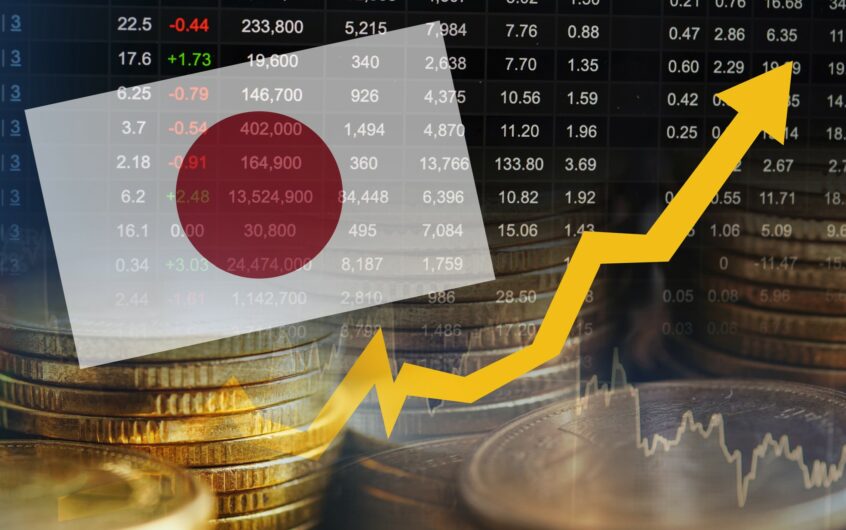Global equities continued their upward path last week, gaining some 1% in both local currency and sterling terms. China was the star performer with a 6.3% increase while the UK lagged with a 0.3% gain. Meanwhile, government bonds lost 0.5% or so with 10-year US Treasury yields moving up to the 4% mark.
Central banks were a big focus with the Fed, ECB and BOJ all in session. The Fed meeting produced no surprises. Rates were raised a further 0.25% to 5.25-5.5% and the Fed was non-committal as to whether it would have to increase rates any further, saying it was data dependent.
Talking of which, last week’s crop of US numbers went down well with the markets. US GDP grew at a firm and stronger than forecast 2.4% annualised pace in the second quarter and the latest inflation numbers also came in on the low side. The Fed’s favourite measure of core inflation slowed in June to 4.1% from 4.6% and employment costs rose less than expected last quarter.
Altogether, the data boosted recent hopes that the Fed might be able to pull off the soft-landing which has in the past proven so difficult to achieve. Yet, while the market now believes US rates have peaked, it continues to scale back its hopes for rate cuts and now expects no easing in policy before next spring.
The ECB also surprised no-one with its decision to raise rates by 0.25% back to their 2001 high of 3.75%. However, its rhetoric was rather more emollient than of late. President Lagarde echoed Chair Powell in saying any further move would depend on the data and left markets believing rates may have now peaked.
Still, today’s numbers may cause a few second thoughts with inflation and growth both a bit stronger than expected. Core inflation was unchanged at an uncomfortably high 5.5% in July while GDP rose 0.3% in the second quarter, more than reversing its small decline earlier in the year.
It was left to the Bank of Japan on Friday to inject a frisson of excitement into markets with an unexpected move to back further away from its super-easy policy. The BOJ left its target interest rate unchanged at -0.1% but importantly it effectively raised the ceiling on 10-year government bond yields to 1.0% from 0.5%.
With core inflation in Japan now running at over 4%, the BOJ was always expected to tighten policy but it was unclear how fast it would do so. Japanese markets reacted with a burst of volatility and as of today, government bond yields have risen 0.15% to 0.6%, the yen has somewhat surprisingly fallen 1-2% and equities are up 2%. Stocks are benefiting from hopes that at long last both the scourge of deflation has been vanquished and shareholders have moved up the list of Japanese company priorities.
The concern for foreign markets is that the higher bond yields now on offer in Japan will mean domestic investors, who have been big buyers of US and European bonds, will now retreat back home. Indeed, it was this fear which was behind last week’s rise in US Treasury yields.
China, by contrast, has recently stepped up its measures to boost its economy. While no bazooka has been announced or seems to be in the offing, there has been a drip-feed of smaller steps to boost the property sector and the consumer. Additional moves should be forthcoming and lead to a further recovery in the equity market where sentiment has become very downbeat.
The US reporting season is now half way through and so far has been a bit of a damp squib. S&P 500 earnings are forecast to be down 6% on a year earlier, similar to the decline projected at the start of reporting. The tech giants are a big focus and last week’s results of Meta and Alphabet beat expectations, leaving their stock prices up over 10% on the week. Apple and Amazon both report this Thursday.
Closer to home, the attention on Thursday will firmly be on the BOE. Following the lower-than-expected June inflation numbers, a rate rise of 0.25% now looks more likely than a 0.5% hike. But the markets will be focused on any clues as to how much further rates still have to rise. Here they may be disappointed as the Bank may well just stick to the rather unhelpful mantra that further tightening will be required if there is evidence of more persistent inflation.

Rupert Thompson – Chief Economist

